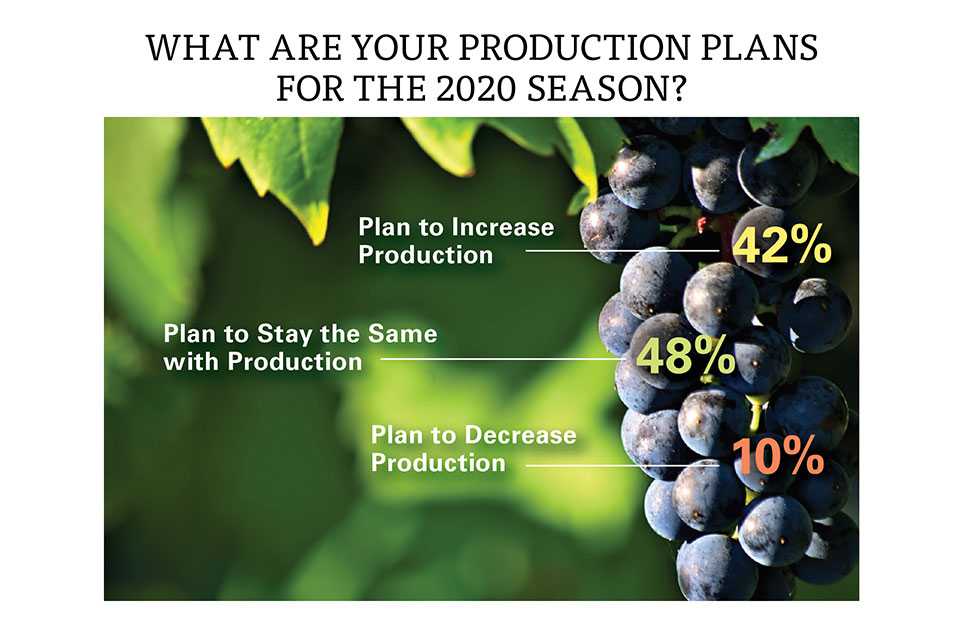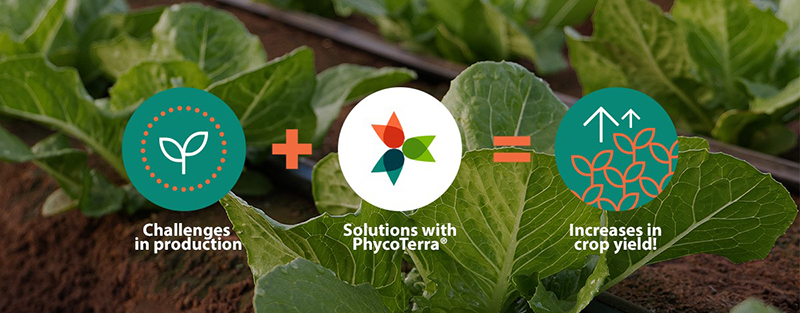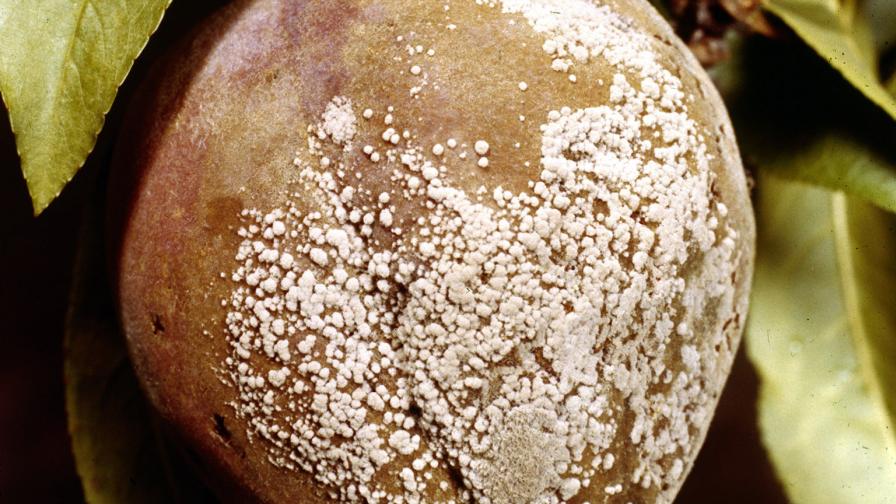Grape Growers Grapple With Solutions to Workforce Woes
 Asked what issues concerned growers most in this year’s American Fruit Grower State of the Industry survey, labor was No. 1, and it was cited by more than half of respondents as their biggest problem.
Asked what issues concerned growers most in this year’s American Fruit Grower State of the Industry survey, labor was No. 1, and it was cited by more than half of respondents as their biggest problem.
Other concerns, listed in order of how often they were mentioned, included government regulation (immigration, labor, health care, etc.), weather/changing weather patterns, crop prices, production costs (energy, equipment, etc.), water, and insect and disease pressure.
But labor was tops, and reducing labor costs was also by far the top answer when growers were asked about the chief way they have been able to increase profits. Tellingly, increasing mechanization was also prominent, which would, of course, further reduce labor costs.
Growers expressed frustration at being able to keep and find qualified farming personnel. The biggest challenge by far was simply the cost of labor (including benefits). But showing how the nature of agricultural work is changing, placing second was growers’ inability to offer year-round work.
Rounding out the top five challenges in finding and keeping qualified personnel were: Lack of expertise among applicants, the physically difficult nature of farm work, and long hours (more than 40 hours per week). That last item looms especially large in California, which will in the near future be requiring overtime pay for farm labor that has long been exempt.
Several growers also cited the changing nature not of the work, but the potential workers. Said one: “The new generation is not very excited about having to work for pay. They just want the pay.”
HEAVY PRECISION USE
Perhaps because of their frustration with labor, grape growers — more than growers of any other crops — said they are more inclined to use precision agriculture tools — i.e., irrigation sensors, weather forecasting, data gathering, or many of the smart phone farming apps — on their farms. In fact, nearly two-thirds of grape growers, 63%, said they were employing precision agriculture.
As for what specific new technology will be employed in their vineyards within the next few years, many cited technologies that are in current use, such as weather stations, irrigation sensors, increasingly mechanized harvesting/pruning, and drones. As for newer technology, according to survey respondents: pest sensors, remote weather and irrigation system sensors, and computer-aided yield predictions.
Looking to the future, specifically what precision agriculture tools will be commonplace on the farm 20 years from now, robotics was easily the most cited technology.
Indeed, one grower said robots were far and away the technology he most eagerly anticipates: “There has to be something to offset the dearth of labor.”
Other technologies vineyardists are expecting include high-speed broadband coverage in rural communities, completely automated harvest, and being able to see and control all aspects of the vineyard operation from a laptop, tablet, or phone.
One grower wasn’t much of a forecaster regarding technology, but knows that it is sorely needed in the vineyard.
“That (2040) is too far out for me to have any feel for what will be feasible then,” he said. “The only thing I am confident of is that we will replace human labor anywhere that it is possible, or move production outside the U.S.”
Advice For Luddites
The question: If a fellow grower told you that precision agriculture tools offer no tangible benefits, how would you reply? Here are a few answers received in the survey:
- “I would respond that there is a place for technology in improving efficiency of operations, but that it won’t replace a good business plan and a lot of hard work necessary to compete and succeed.”
- “If you aren’t moving forward, you are getting left behind.”
- “I would ask them if they actually used any or if they’re making that statement based on what they read or heard but had no actual experience with. If it turns out they had not had actual experience, I would explain why it’s been beneficial to our family farm.”
- “What have you been smoking?”









